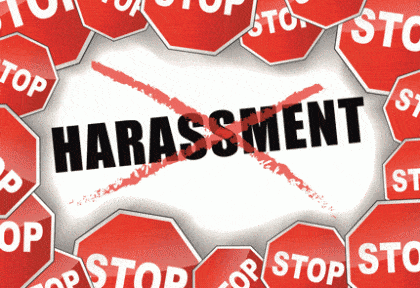What the proposed changes mean
“Offend, insult and humiliate” replaced with “harass”
Currently, it is unlawful for a person to do an act that is reasonably likely to offend, insult, humiliate or intimidate another person or group of people on the grounds of race, colour or national or ethnic origin. If the new law passes as proposed (which is in itself uncertain), it will only become an offence to “harass and intimidate” a person on those grounds.

In other words, under the proposed amendment, it will be permissible to offend, humiliate or insult an individual on the basis of race, as long as the conduct does not “harass and intimidate” the individual. At law, for conduct to be “harassment”, it must generally involve a sustained pattern of conduct, rather than one-off incidents. Additionally, the introduction of the “intimidation” concept suggests a need for a fear of physical harm. Together, these changes represent a significant watering down of the protections currently available to victims of racial discrimination, as they impose a much higher threshold upon discriminatory conduct.
The “reasonable person” test
Section 18C of the Act currently considers whether conduct directed towards a person would in “all the circumstances” be reasonably likely to offend, insult or humiliate a person or group of people.
Malcolm Turnbull has confirmed that the government is proposing the introduction of a “reasonable person” test to determine whether conduct would (under the new laws) harass or intimidate a person on prohibited grounds.

The effect of a “reasonable person” test is that a person’s individual circumstances would no longer be relevant in considering racial discrimination (as is currently the case). This is counter-intuitive; a racial slur directed towards a person of subcontinental origin has an entirely different effect on that person than if the same slur were to be directed at a person of any other ethnicity. As a simple example, a racial epithet such as “curry muncher” or “white trash” is more likely to offend the person to whom it is directed if that person is of the race that actually underpins the relevant slur.
Instead, under the proposed model, the standard would likely be that of a “reasonable member of the Australian community” – an abstract, and in this case, irrelevant determination that would be up to a judge to consider. But, importantly, given most complaints under the Racial Discrimination Act are settled in mediation prior to reaching the courts – there is a material risk that amending the provisions as proposed will discourage complainants altogether.



